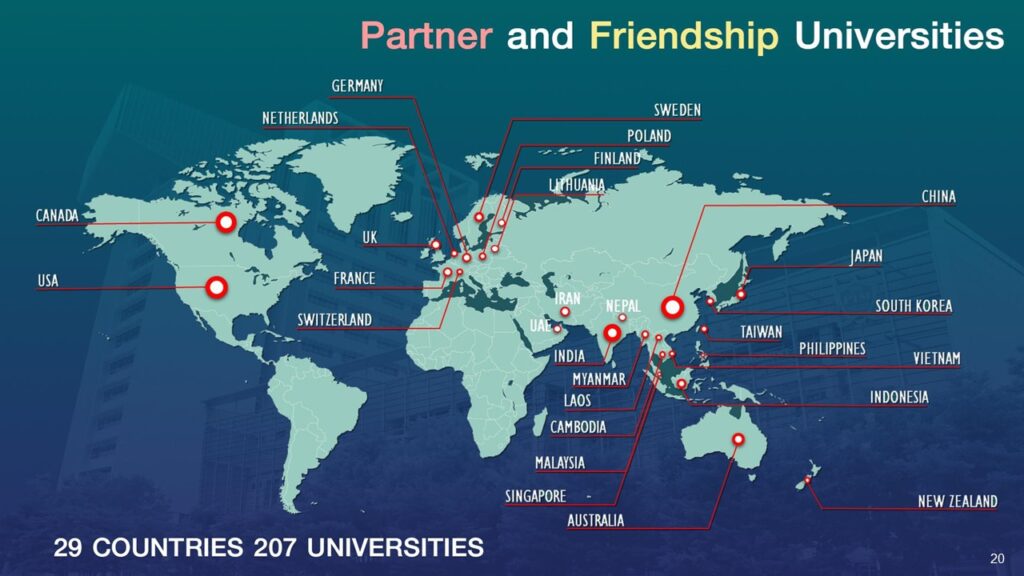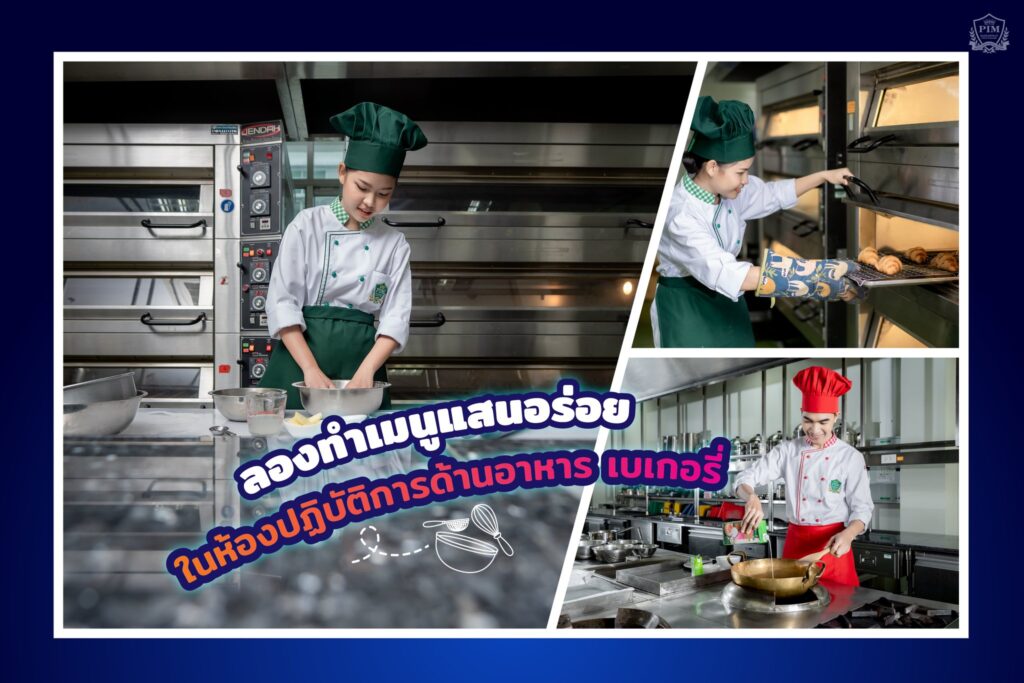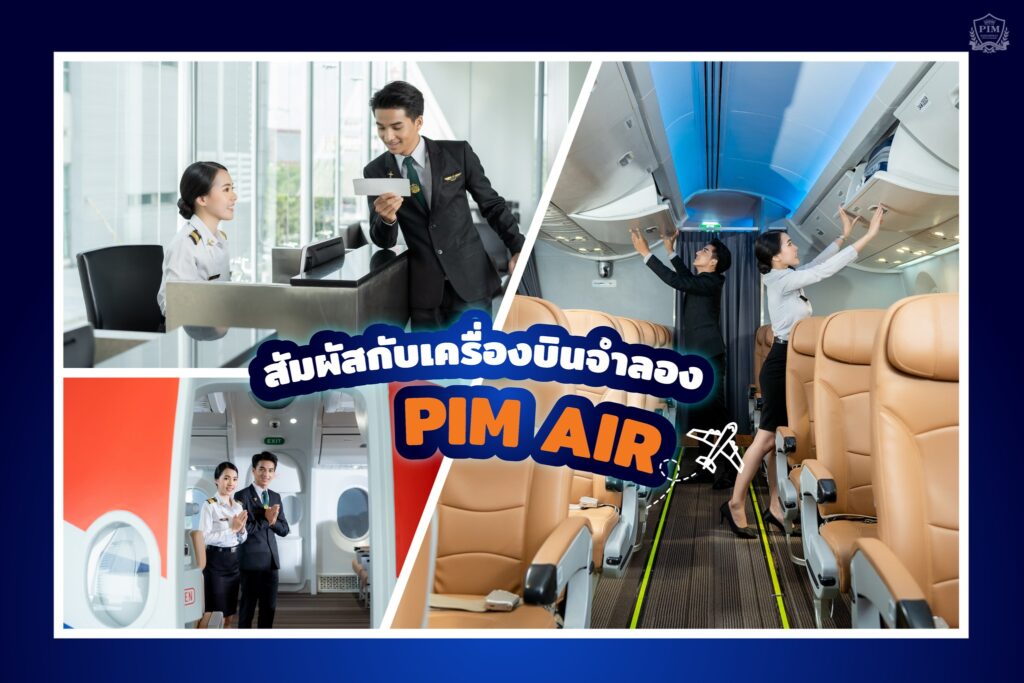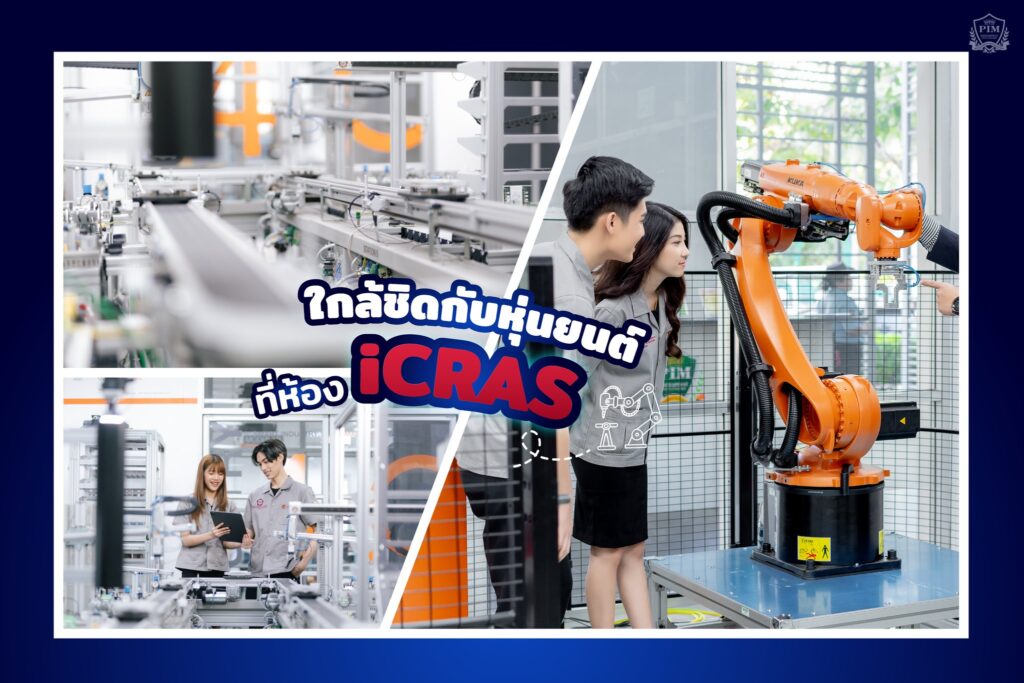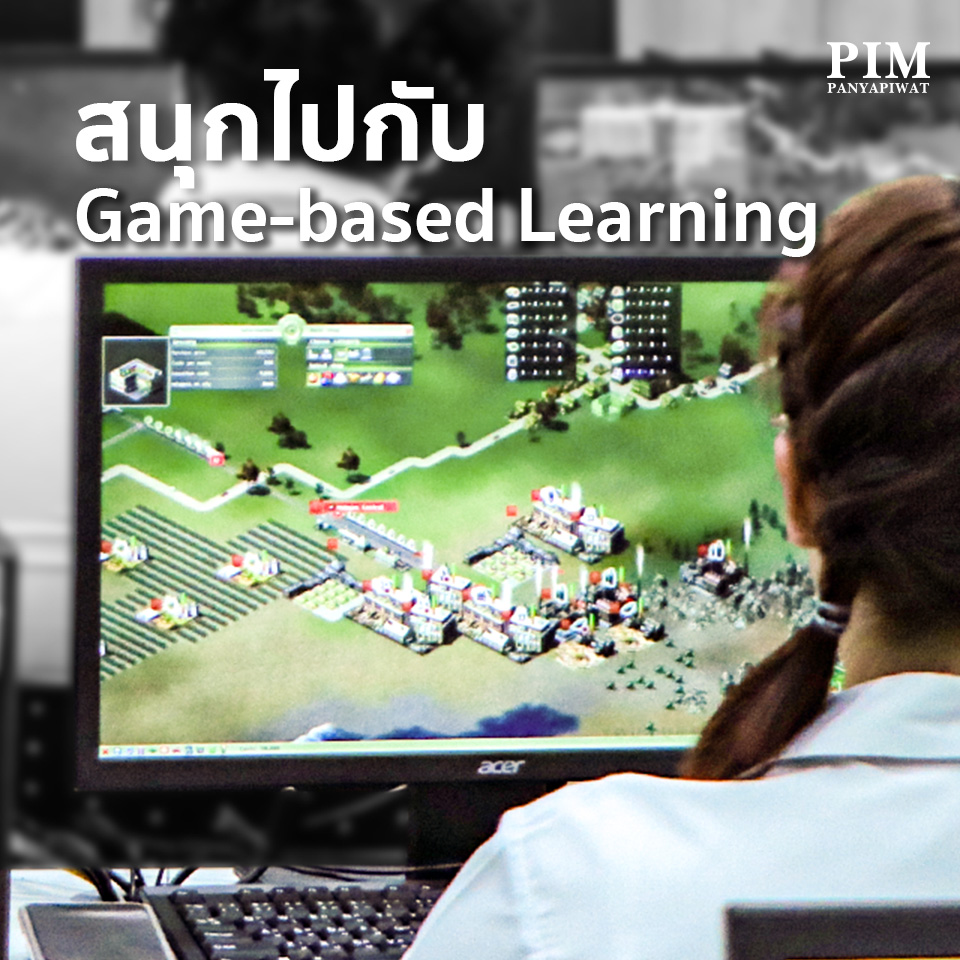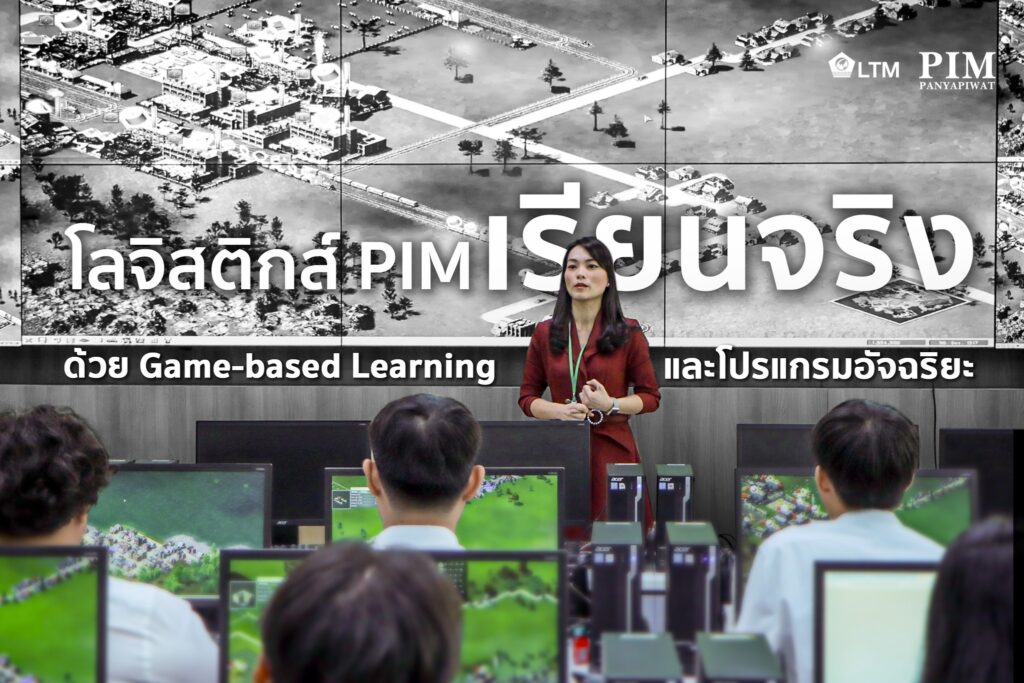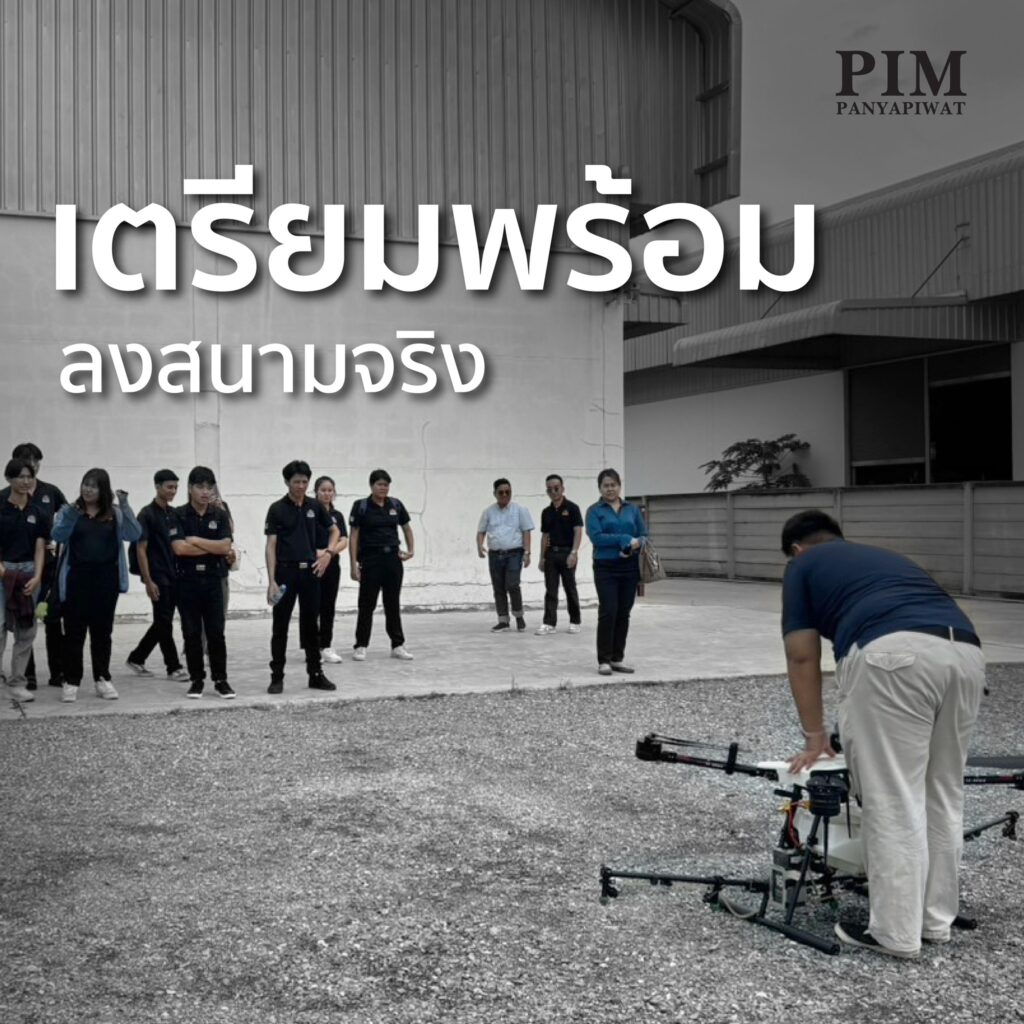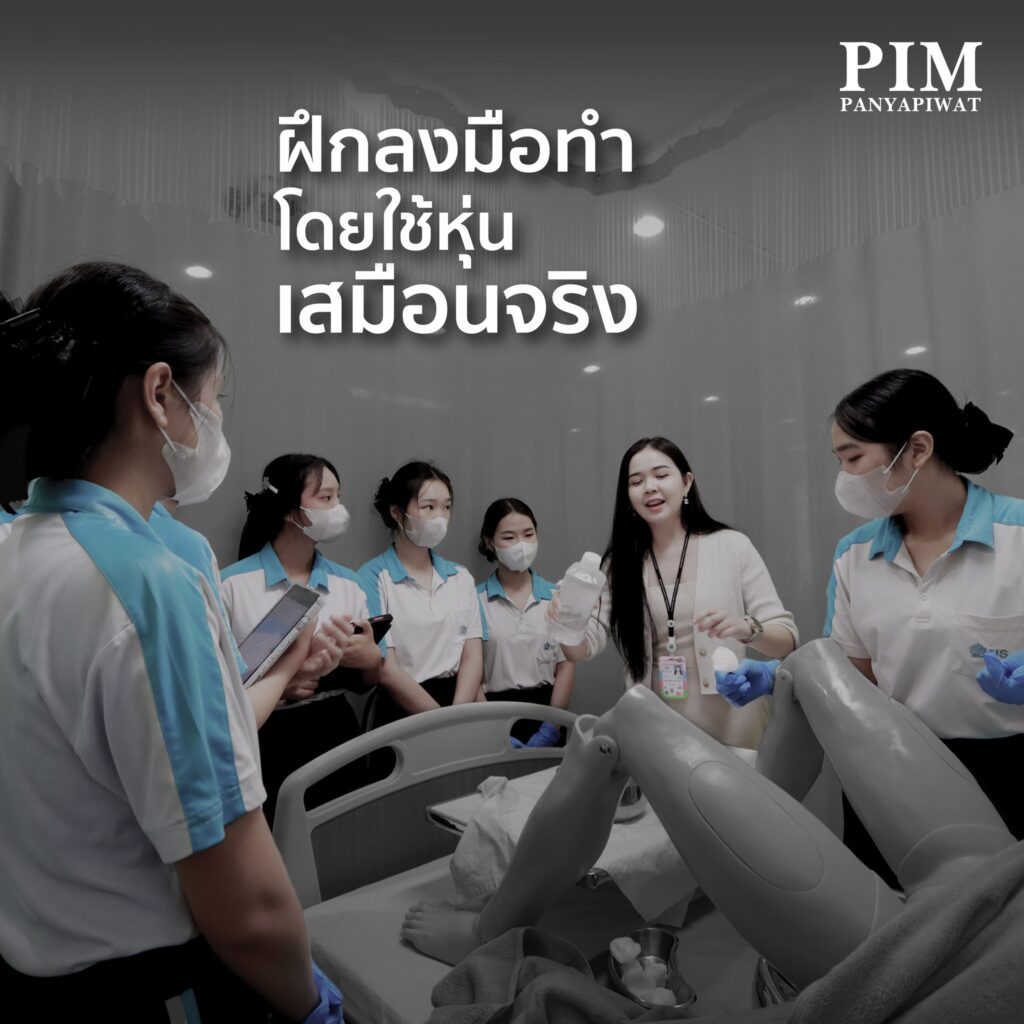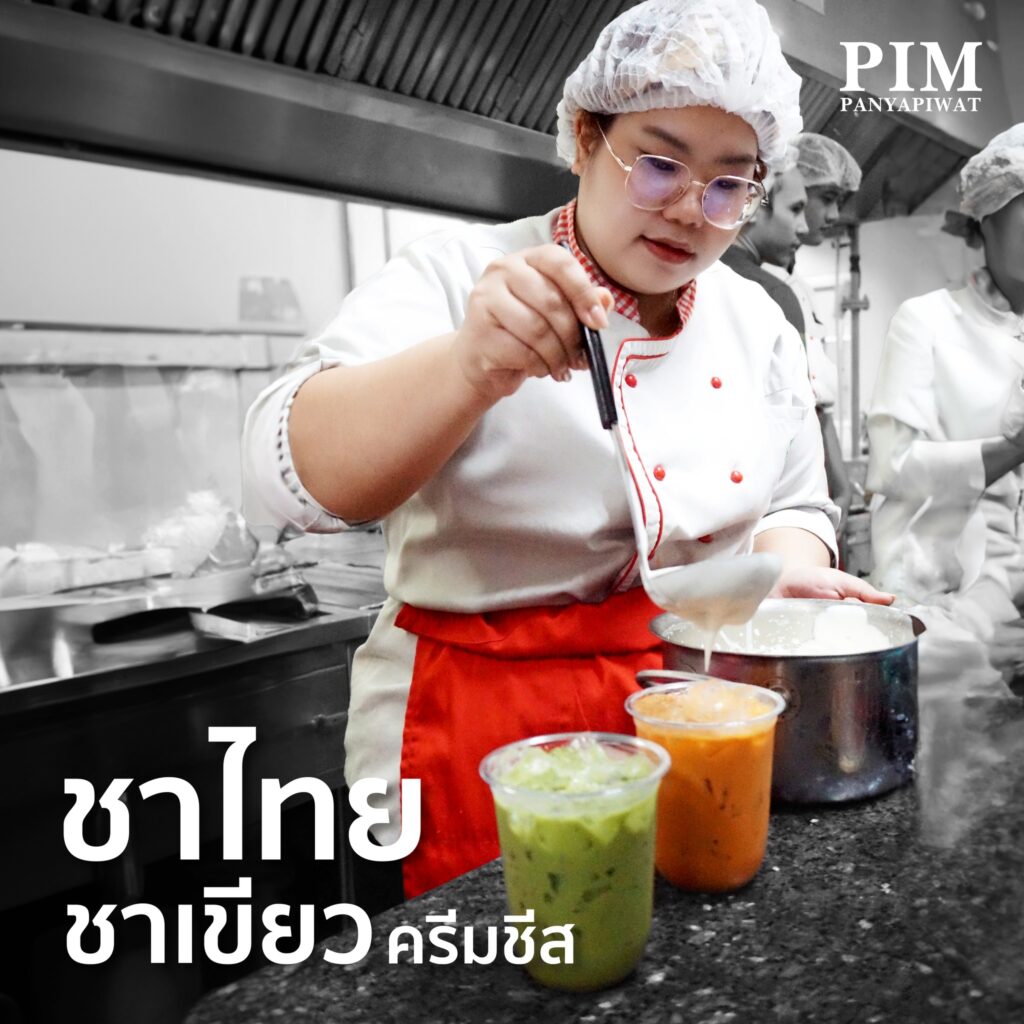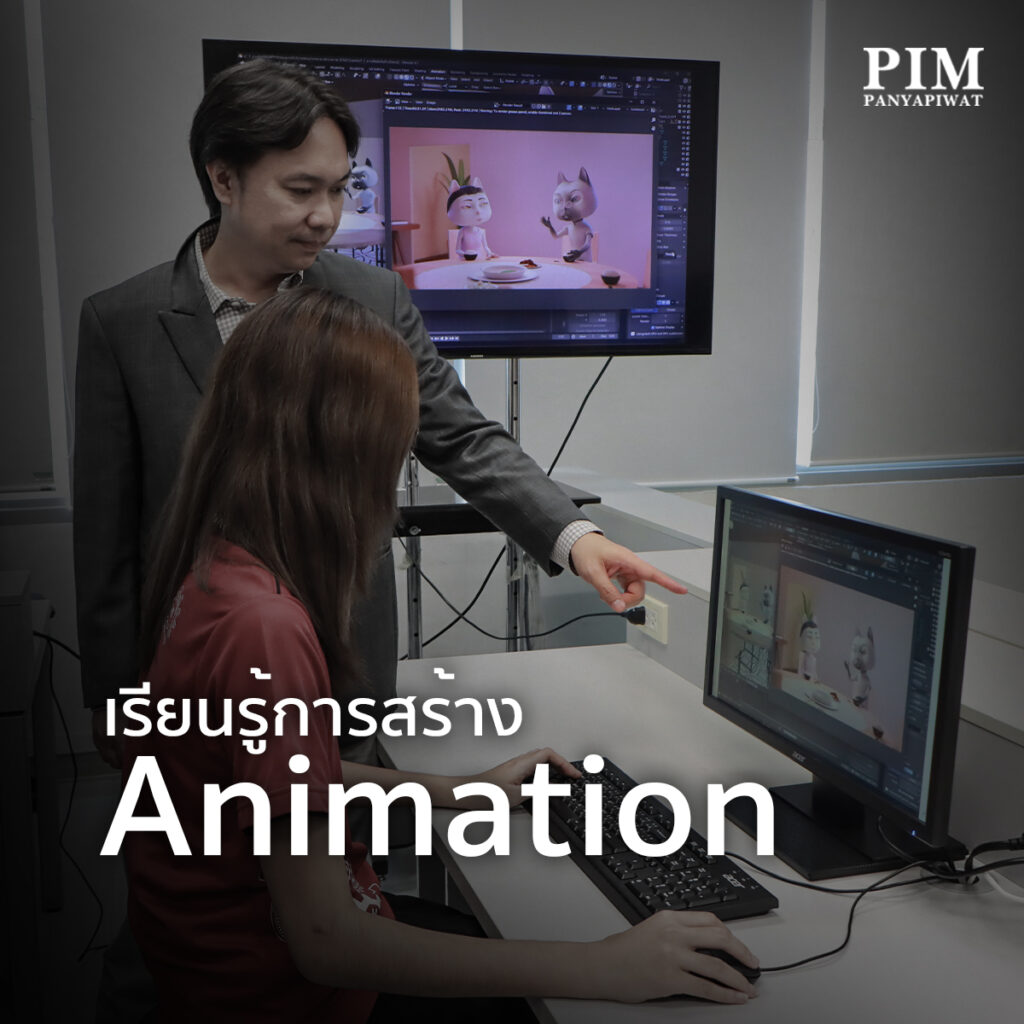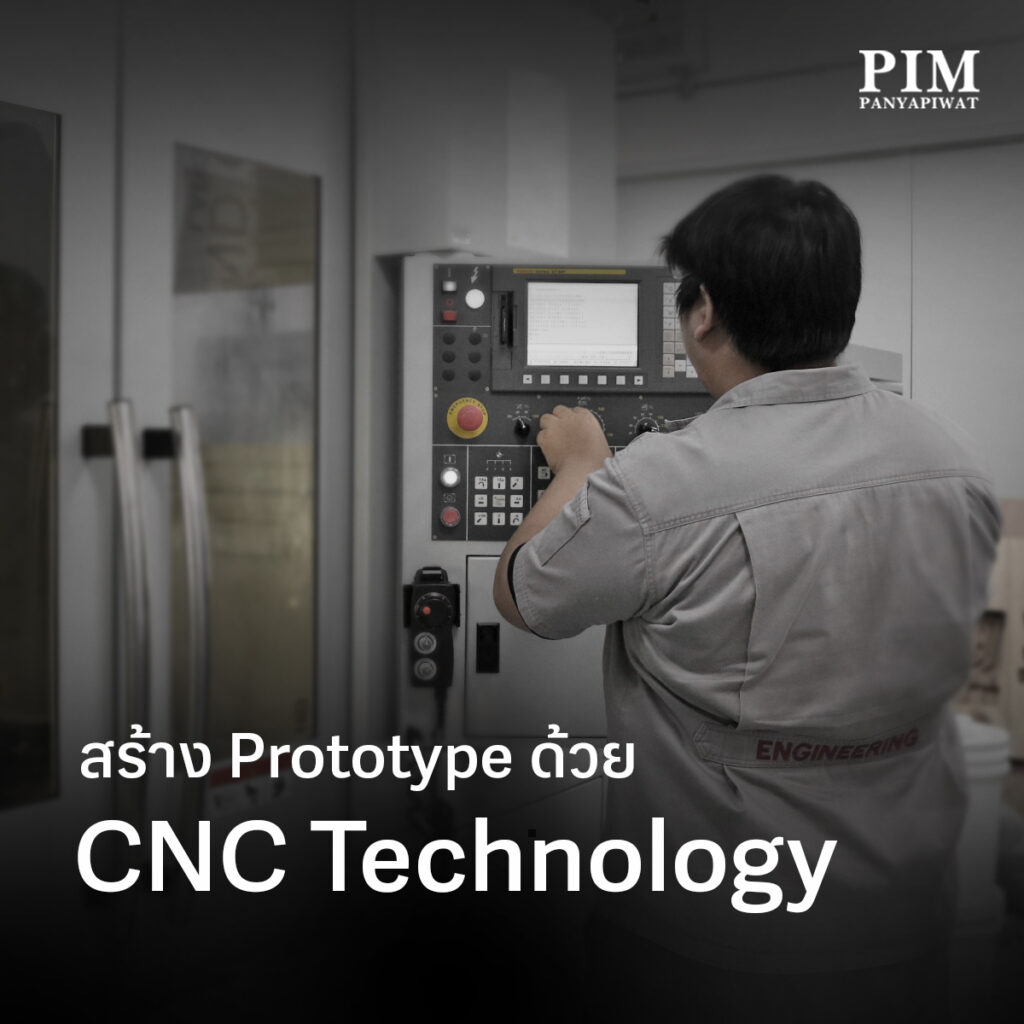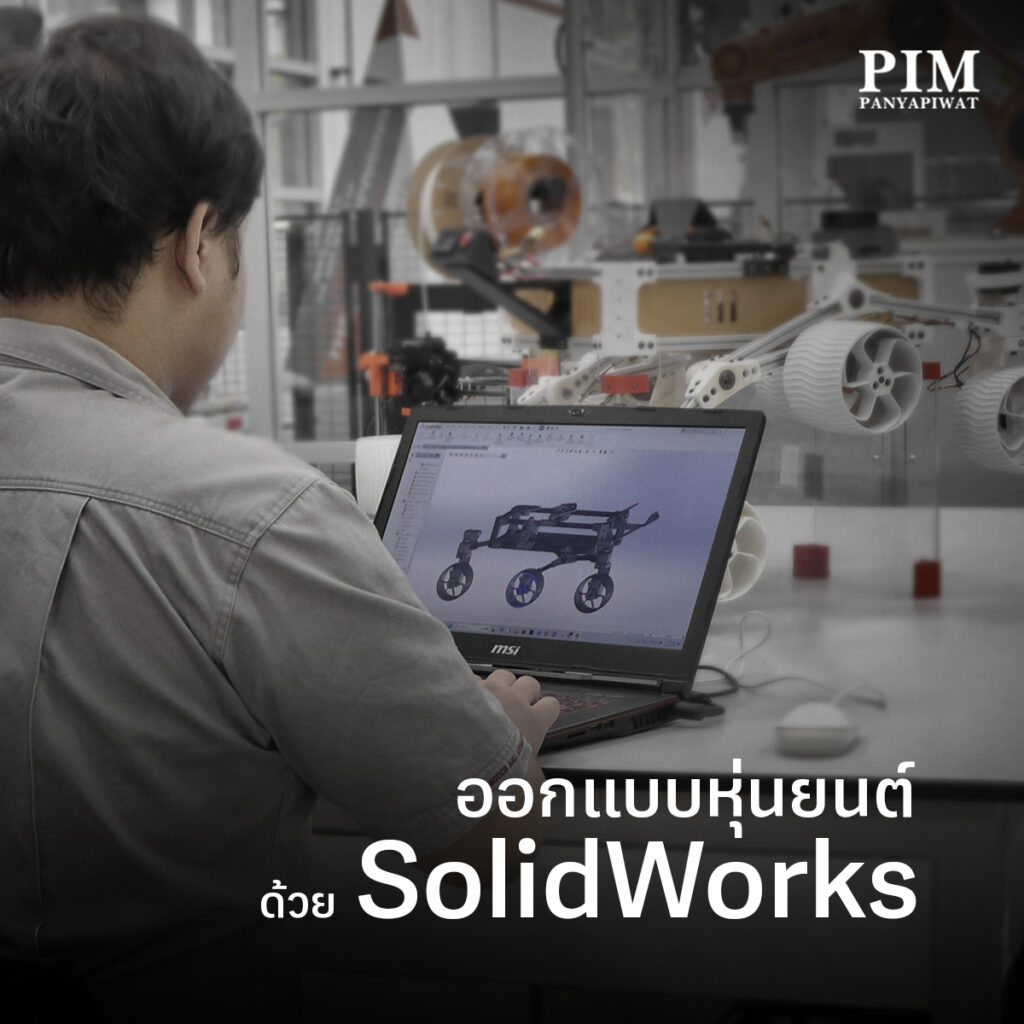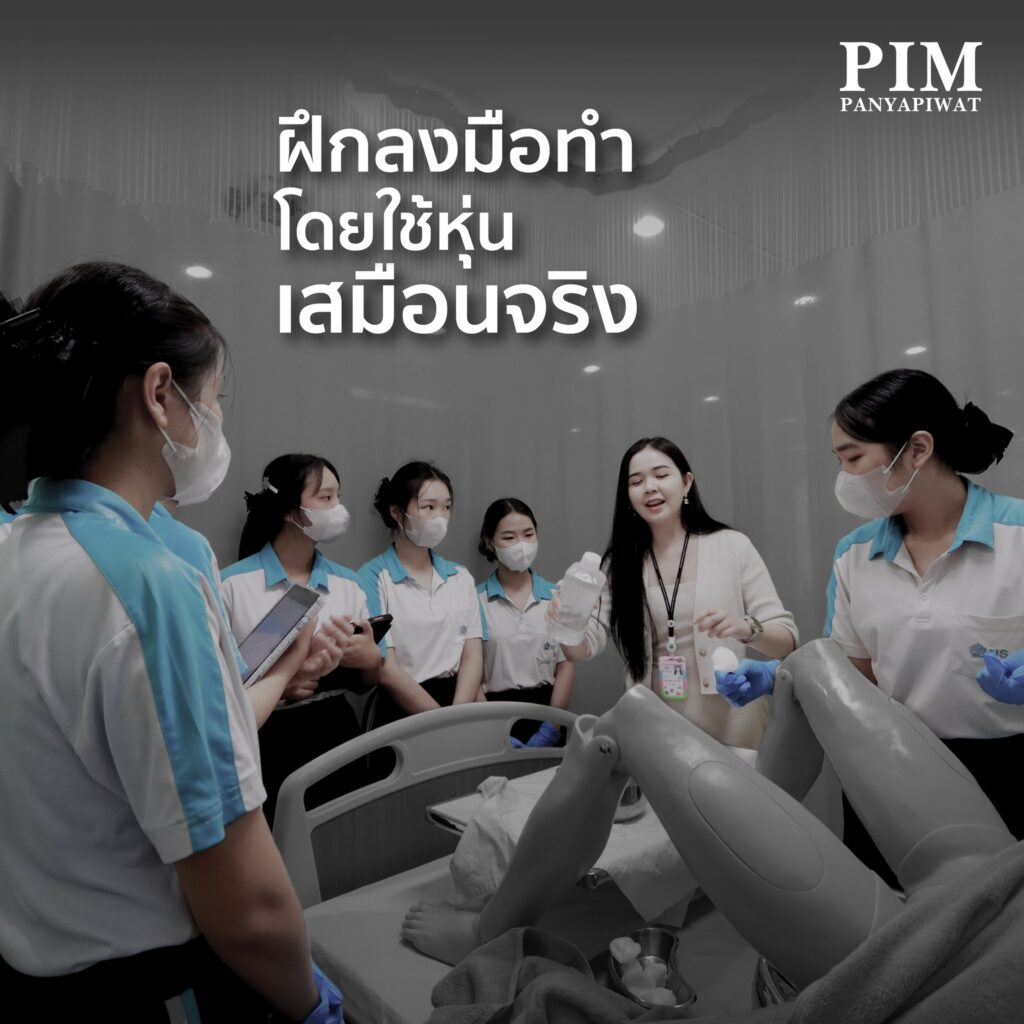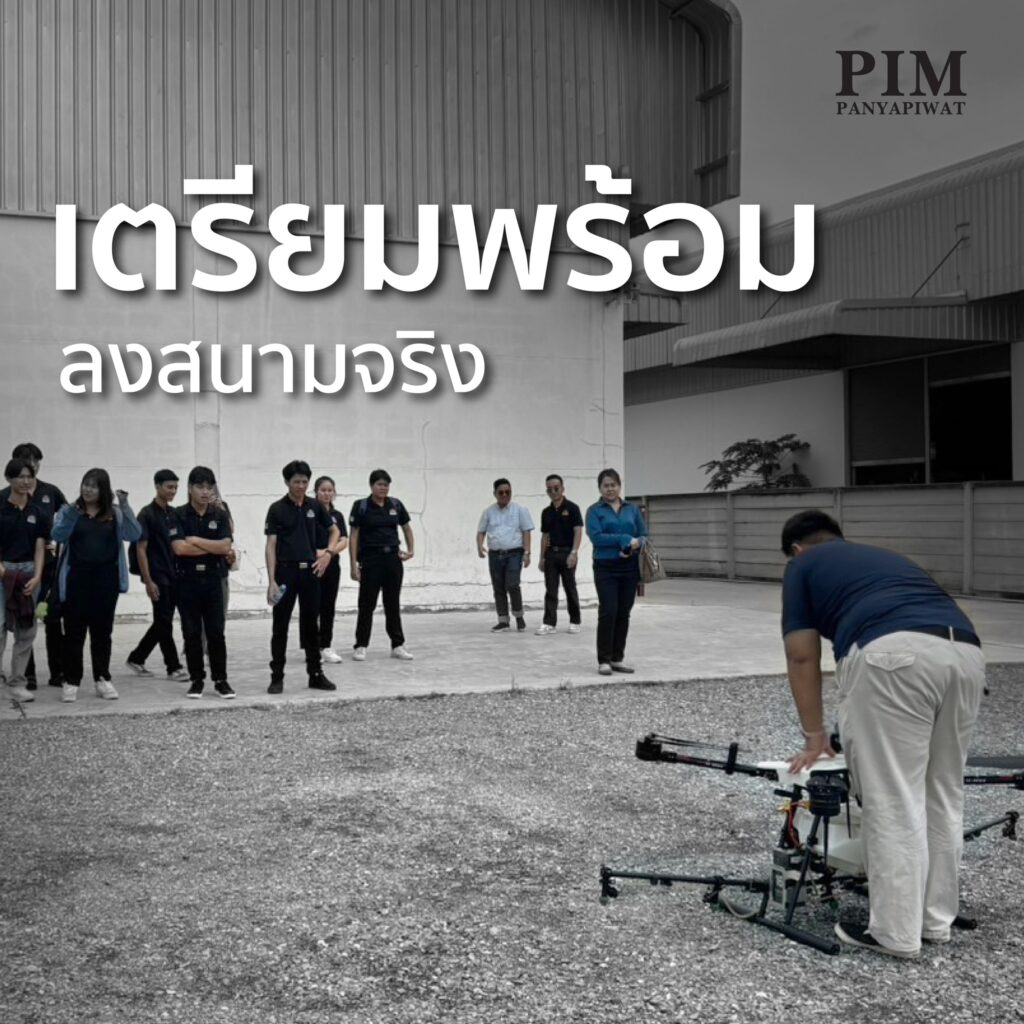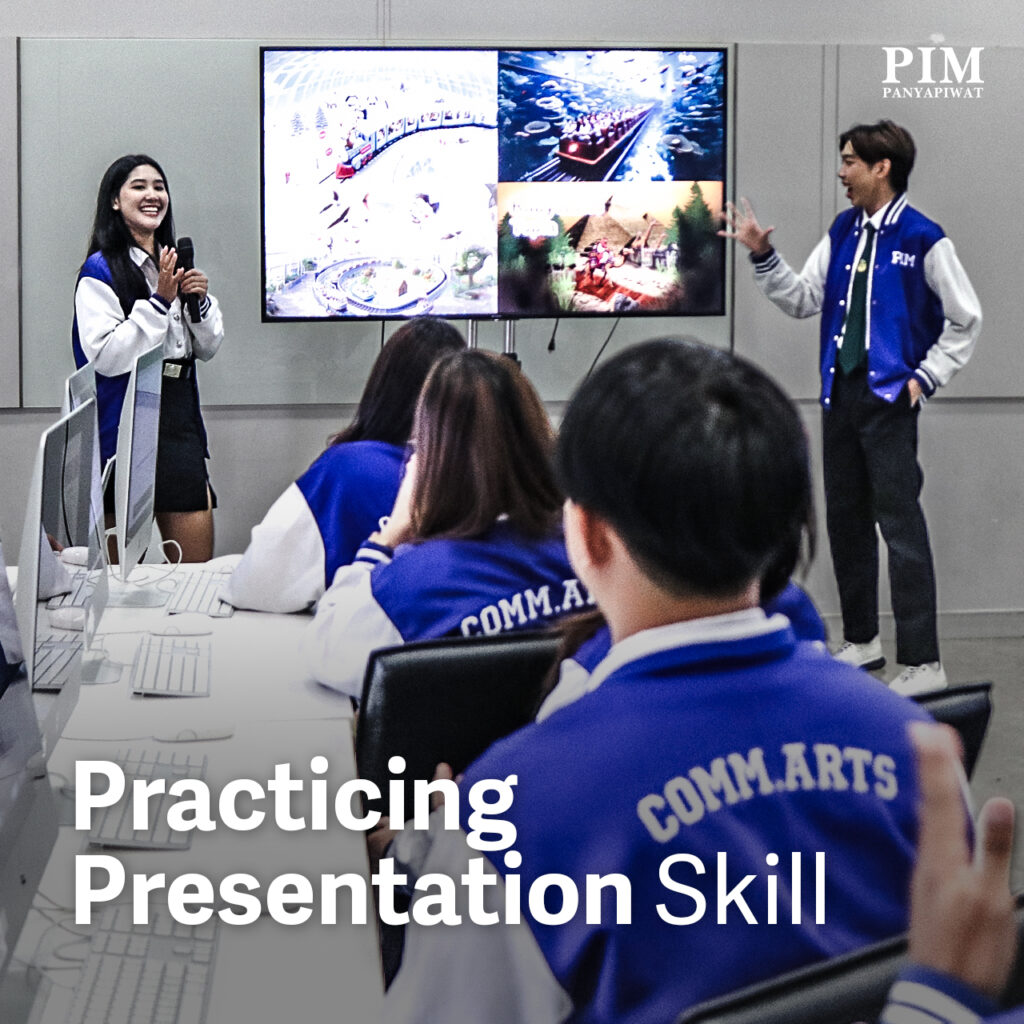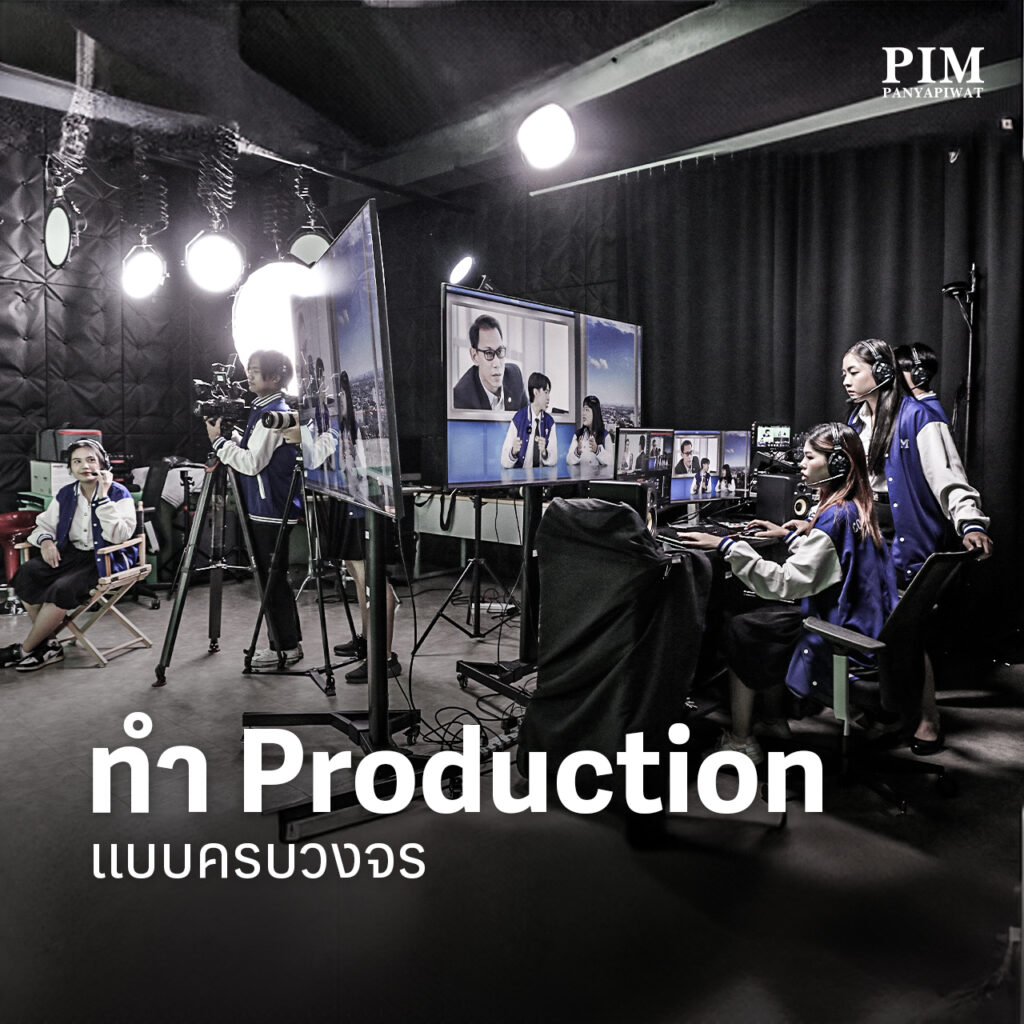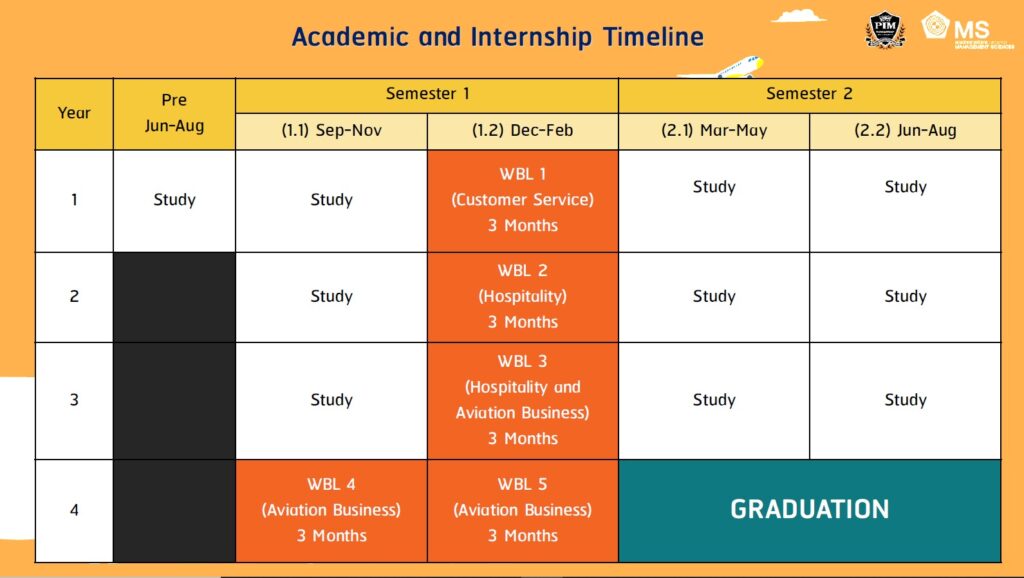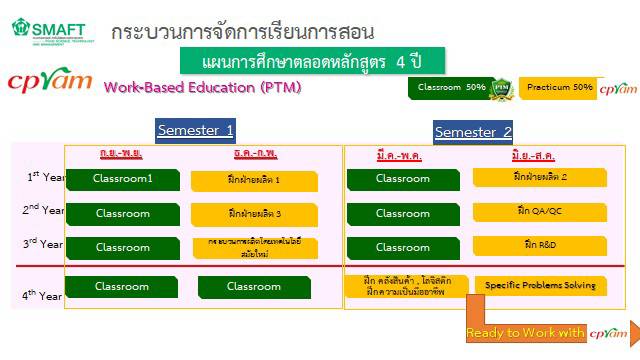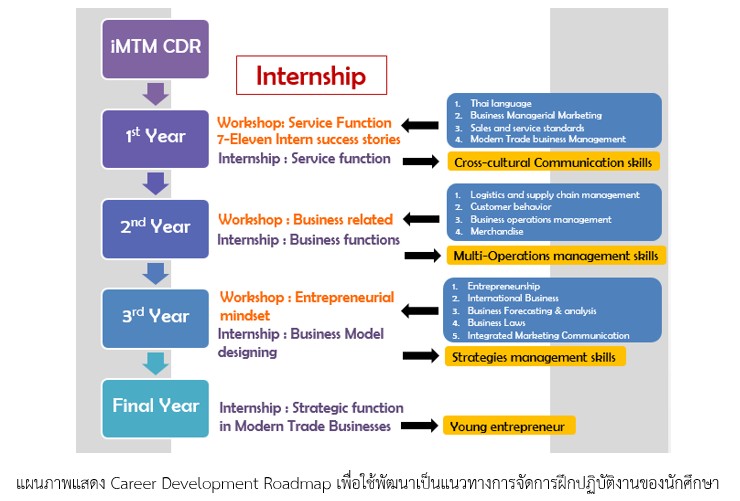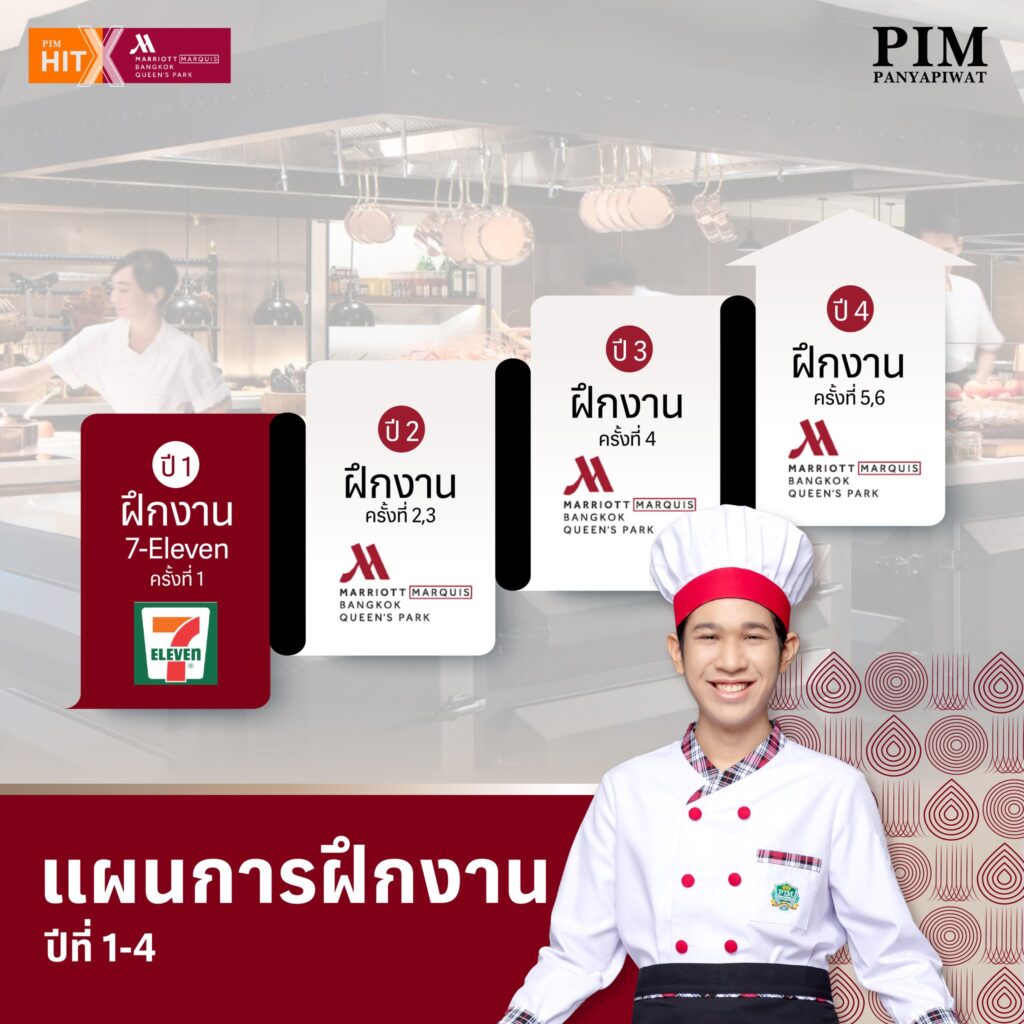Work-based Education Model (WBE Model)©

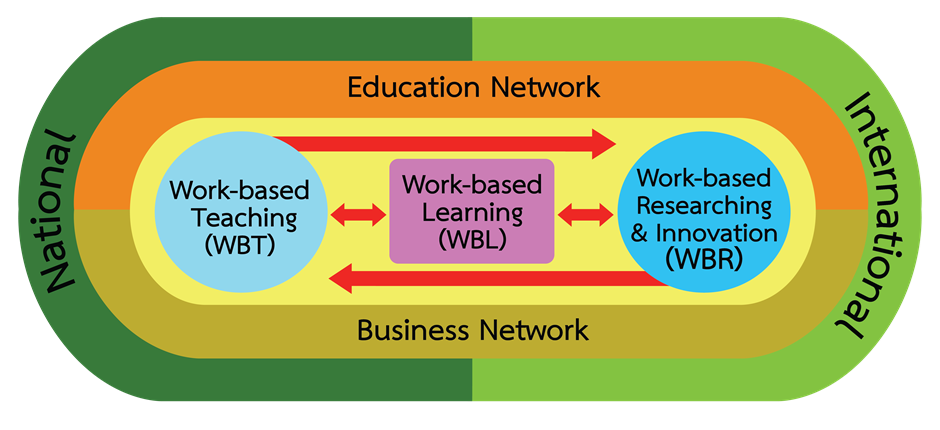
Since Work-based Education (WBE) was established as the educational philosophy of Panyapiwat Institute of Management (PIM) in 2015, the WBE Model has served as the core strategy for teaching and learning across all academic programs, particularly at the undergraduate level. Each program is able to adapt and apply the model to suit the specific context of its discipline and the needs of graduates’ prospective employers and various industries. The WBE Model comprises 4 key components that work together in a continuous and cohesive manner: WBT, WBL, WBR, & Networking University.
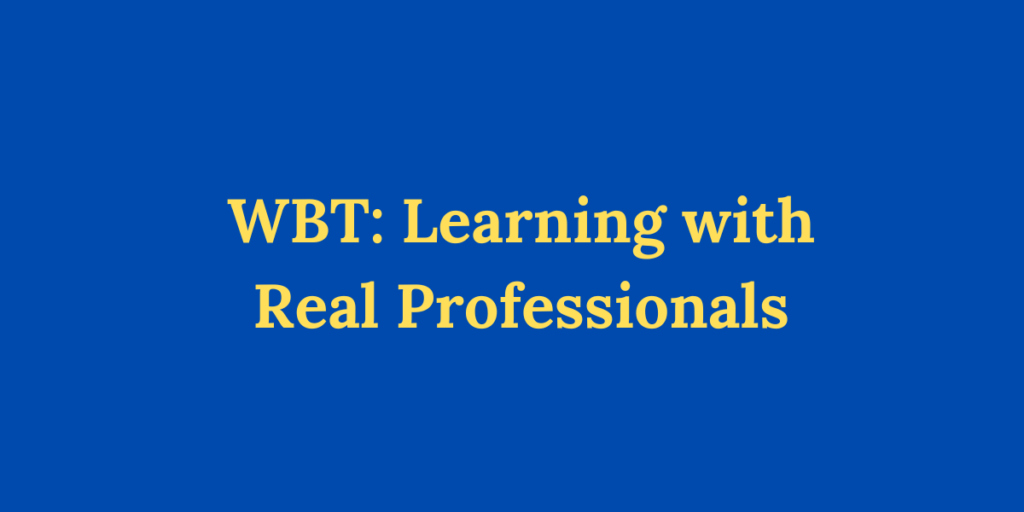
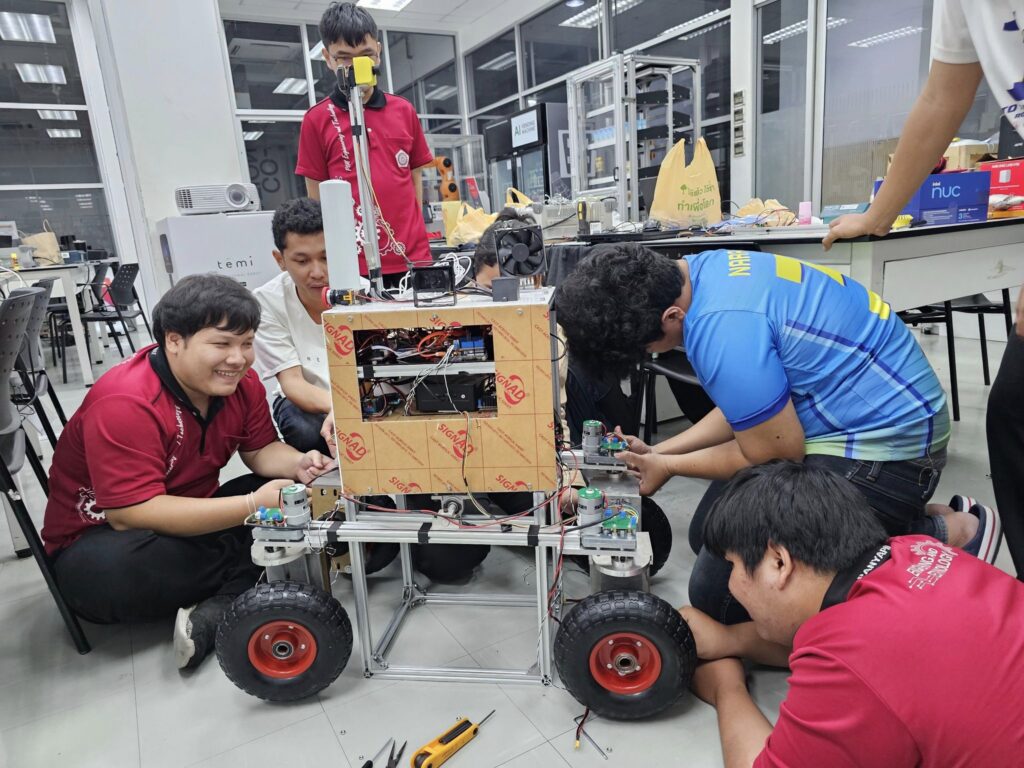
WBT or Work-based Teaching: In every course, active learning activities are designed based on the defined learning outcomes and integrated with real business practices. In each course students will be taught by lecturers with background experience in related fields and by the real experts from the relevant industry as guest lecturers. Moreover, PIM provides various laboratories to help students practice their skills to be ready for their internships in each academic year.
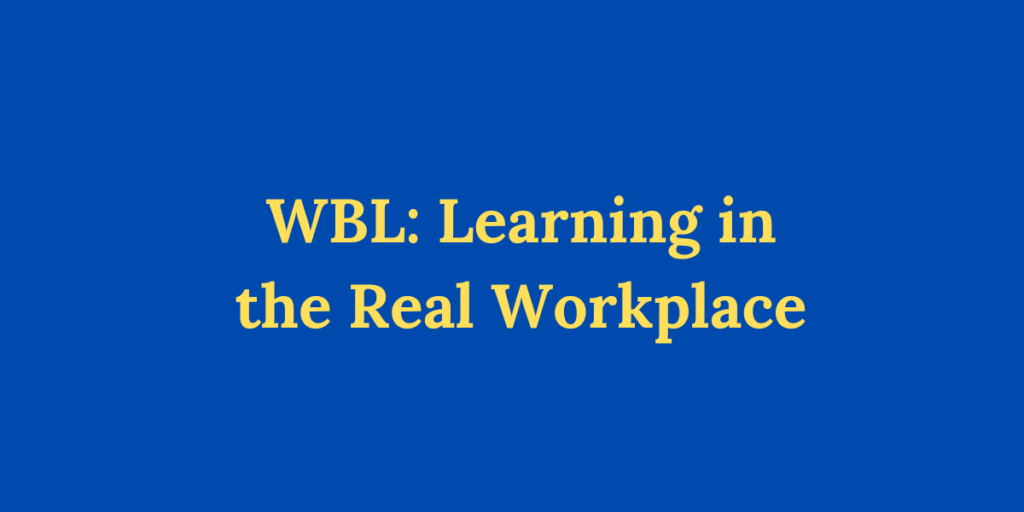
WBL or Work-based Learning: All undergraduate students at PIM engage in internships at real workplaces, both domestically and internationally, in every academic year throughout the four-year curriculum. Each faculty sets an internship plan tailored to its specific context, which can be seen in the following images. First-year students work at 7-Eleven stores, owned by PIM’s parent company, CPALL Group, to develop essential soft skills such as communication, teamwork, problem-solving, and entrepreneurial mindset. In their subsequent years, students secure internships relevant to their fields. The choices of internships can be either in Thailand or in other countries such as Japan or China. Additionally, PIM have a special unit, called Counseling & Career Development Center (CCDS), within every faculties to support and facilitate students for their internships. CCDS will supports students in finding internships and provides ongoing guidance, emphasizing the importance of experiential learning.
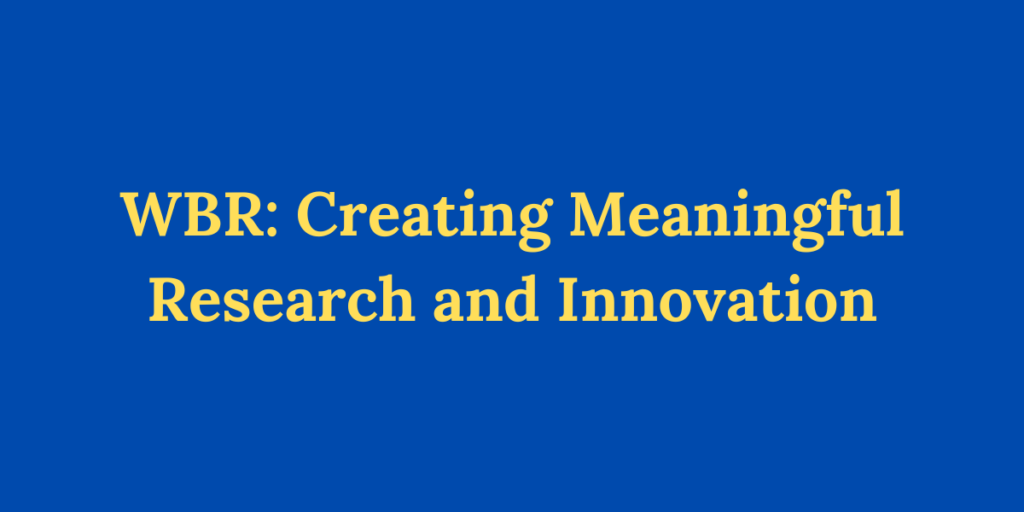
WBR or Work-based Researching and Innovation: As “Never give up innovating” is a PIM Culture, PIM believes that good research and innovation are those that can help to solve problems or enhance the quality of organizations, or can be further developed into commercial products and services. Therefore, PIM requires faculty members to conduct research that aligns with the needs of various organizations to address their specific issues. This approach enables faculty members to apply the knowledge gained from research to enhance their teaching in the courses they are responsible for. For students, they are required to identify real workplace issues during their internships, which serve as research topics for projects aimed at improving operations. This aims to their cultivate analytical thinking, problem-solving, and entrepreneurial skills. Representatives from the organizations where students intern actively participate in evaluating student projects related to their companies as part of the assessment of students’ learning outcomes. The process under WBR have resulted in many research and innovations being further developed into intellectual property registrations or commercial products and services.
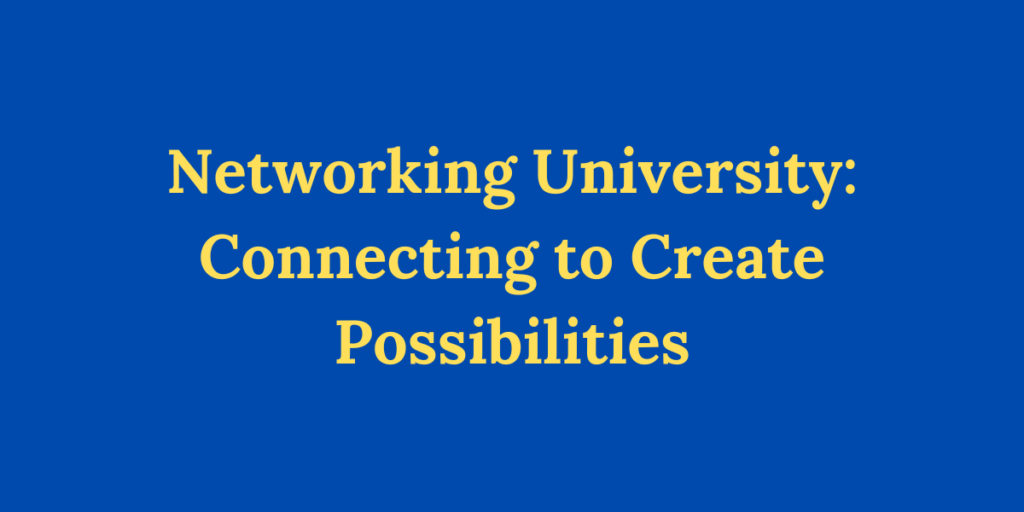
Networking University: WBT, WBL, and WBR would not be possible without a strong network of partnerships with educational, public, and private organizations that support the educational delivery and provide internship placements for students. Therefore, PIM continuously expands its collaboration network domestically and internationally, offering a diverse range of internship opportunities throughout the four-year program.
